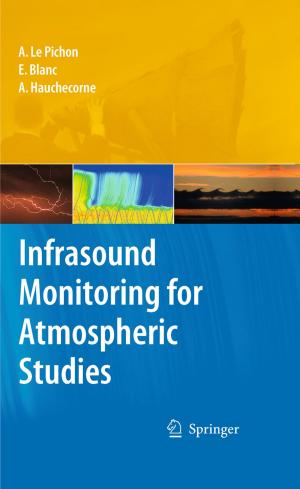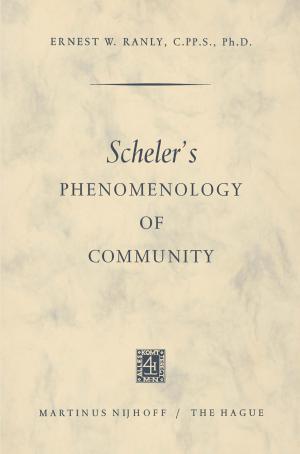Progress in Digital Angiocardiography
Nonfiction, Health & Well Being, Medical, Specialties, Internal Medicine, Cardiology| Author: | ISBN: | 9789400913318 | |
| Publisher: | Springer Netherlands | Publication: | December 6, 2012 |
| Imprint: | Springer | Language: | English |
| Author: | |
| ISBN: | 9789400913318 |
| Publisher: | Springer Netherlands |
| Publication: | December 6, 2012 |
| Imprint: | Springer |
| Language: | English |
According to Schopenhauer problems are usually passing through three stages: - in the first stage they are ignored or just smiled at, - in the second stage they are fought, and in the third stage they are considered to be self-evident, just taken for granted. Whereas digital subtraction angiography (DSA) has obviously reached stage three of that scale, i.e. routine use in radiology, digital angiocardiography, in particular imaging the heart and coronary circulation, is still on its way to the final goal: the filmless heart catheterization laboratory for all invasive and interventional procedures. A few pioneers have already completely abandoned the conventional cine coronary and angiocardiographic technique, others - as we do -still combine both digital and conventional methods in clinical routine, but most cardiol ogists up till now stay sceptically aside. We hope that at least some of the articles published in this volume may convince more and more cardiologists that digital imaging procedures are the method of choice, in particular if quantitative assessment of the anatomical or functional status of the cardiovascular system is required (pre- and post operations or pre-and post-interventions). Such a critical control of all therapeutic procedures, be it by surgical, catheter-or medical 'interventions', is indeed an urgent and widely under estimated or neglected requirement.
According to Schopenhauer problems are usually passing through three stages: - in the first stage they are ignored or just smiled at, - in the second stage they are fought, and in the third stage they are considered to be self-evident, just taken for granted. Whereas digital subtraction angiography (DSA) has obviously reached stage three of that scale, i.e. routine use in radiology, digital angiocardiography, in particular imaging the heart and coronary circulation, is still on its way to the final goal: the filmless heart catheterization laboratory for all invasive and interventional procedures. A few pioneers have already completely abandoned the conventional cine coronary and angiocardiographic technique, others - as we do -still combine both digital and conventional methods in clinical routine, but most cardiol ogists up till now stay sceptically aside. We hope that at least some of the articles published in this volume may convince more and more cardiologists that digital imaging procedures are the method of choice, in particular if quantitative assessment of the anatomical or functional status of the cardiovascular system is required (pre- and post operations or pre-and post-interventions). Such a critical control of all therapeutic procedures, be it by surgical, catheter-or medical 'interventions', is indeed an urgent and widely under estimated or neglected requirement.















